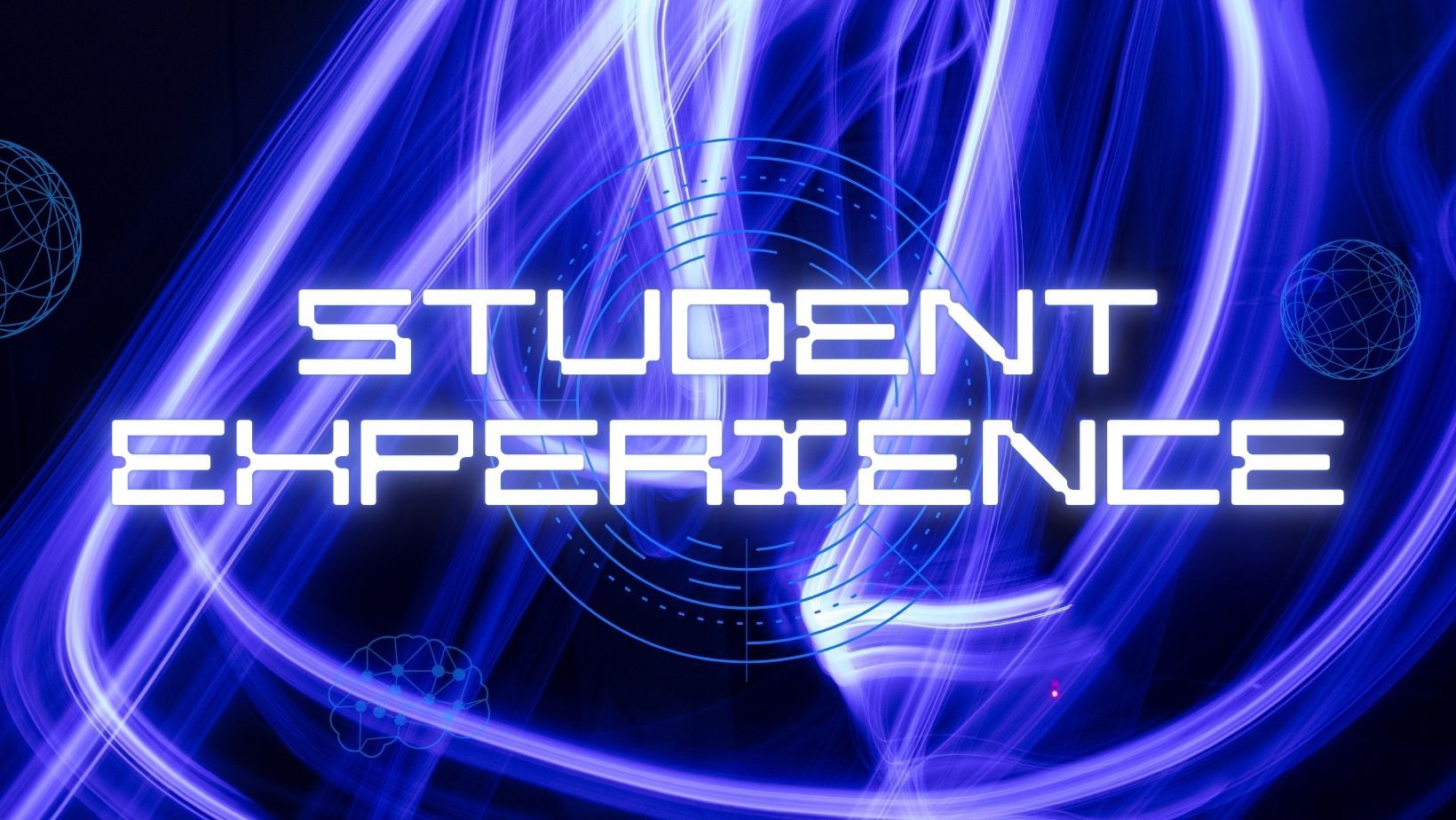In today’s tech-driven job market, having only academic credentials is no longer enough. Employers increasingly look for real-world skills, problem-solving abilities, and collaborative experiences. That’s where a technical portfolio for…

How Snowflake Training Elevated My Data Career Prospects
I was recently honored to participate in the Ascent: Snowflake Platform Training – APAC – ANZ, and I can confidently say it has been one of the most enriching experiences of my cloud data journey so far.
As cloud-native platforms increasingly dominate modern data architecture, Snowflake stands out by simplifying data warehousing, analytics, and data sharing. This training gave me hands-on exposure to the Snowflake ecosystem—extending beyond foundational knowledge into practical, enterprise-level use.
What I Learned During the Snowflake Training
Throughout the training, I explored a wide spectrum of Snowflake’s features and real-world applications. These included:
- Snowflake’s cloud-native architecture
- Working with structured and semi-structured data (e.g., JSON, Avro)
- Secure data sharing and governance mechanisms
- Performance optimization for analytical workloads
- Real-time data integration and pipeline orchestration
The mix of theoretical learning and live labs made the experience deeply engaging. The sessions were interactive, well-structured, and filled with valuable insights from instructors with real-world experience.
How This Experience Boosted My Career Outlook
The Snowflake Ascent training not only improved my understanding of cloud data platforms but also instilled the confidence to pursue further certifications like Snowflake Core. It opened up new avenues for growth—from professional credibility to practical application of cloud data strategies.
I highly recommend this course to anyone aiming to build or elevate their career in data engineering, analytics, or cloud architecture.
Who Should Consider the Snowflake Ascent Training?
The Snowflake Ascent training is suitable for:
- Cloud Data Enthusiasts and Beginners: If you’re transitioning from legacy platforms like Oracle or SQL Server, this training bridges the gap by introducing modern ELT paradigms, Snowflake’s architecture, and cloud-based best practices.
- Data Analysts and BI Developers: For professionals looking to level up from being data consumers to power users, this course helps you:
- Write efficient Snowflake-native queries
- Handle semi-structured data with ease
- Understand the performance impact of your design decisions
- Data Engineers and IT Professionals: The course is ideal for engineers working on data infrastructure who want to:
- Migrate workloads to the cloud
- Implement real-time pipelines
- Reduce costs while improving scalability and governance
- Aspiring Data Professionals and Students: As an educator myself, I strongly recommend this course to students and recent graduates. It’s an excellent way to gain industry-relevant skills and make yourself job-market ready.
Why This Training Matters in Today’s Data Landscape
The data landscape is evolving, and so must our skills. Here’s what sets the Snowflake Ascent training apart:
- Going Beyond the Basics: The training pushes you past generalist knowledge into deep specialization in cloud data management—a necessity for today’s data-driven organizations.
- Confidence and Certification: I now feel more equipped to handle enterprise-level data challenges. The training also encouraged me to aim for industry-recognized certifications, adding credibility to my skillset.
- Strategic Business Understanding: From performance tuning to secure data sharing and governance, the program helped me understand how data practices influence business outcomes, which is essential for leadership roles in data-driven organizations.
The Snowflake Ascent training isn’t just an academic course—it’s a career-transforming experience. Whether you’re an aspiring data scientist, a BI professional, or an educator, this program equips you with the tools, mindset, and technical expertise required in today’s competitive data world.
I highly recommend it to anyone aiming to stay relevant and grow in the cloud data ecosystem.
Latest Posts
Top Coding Skills for 2026: Python, SQL, JavaScript and DSA
In today’s fast-changing tech world, just learning one programming language is no longer enough. Companies now expect students to go beyond coding; they want problem solvers who can build real-world…
Lessons from My Full Stack Development Internship Journey
For most computer science and application students, the journey into coding begins with the friendly basics of HTML and CSS. We master layout, styling, and structure, and building a static…
From Hackathons to Horizons: My NASA Space Apps Journey
As a Data Science undergraduate, I’ve always been fascinated by the intersection of technology, environment, and storytelling. Among all my college experiences, participating in the NASA Space Apps Hackathon stands…
Top Government Exams You Can Prepare for After Graduation
Many Indian students face a crucial decision after graduation—whether to pursue higher studies, enter the private sector, or prepare for government exams. Government jobs in India are highly respected due…
Popular Posts
100+ Quantitative Aptitude Questions for Placement with Answers
Quantitative aptitude questions play a crucial role in campus placements, competitive exams, and entry-level job interviews. Whether you are preparing for your first job interview, an aptitude test for placement,…
How to Start an AI Career in India: Skills and Future of Work
Artificial Intelligence (AI) is revolutionizing industries worldwide. From automating routine tasks to enabling self-driving cars and intelligent healthcare diagnostics, AI is reshaping the future of work. For college students and…
How to Write Mail for Job Application – Explained
A job application email is a professional email that you send to a potential employer to express your interest in a job opening. It is typically accompanied by your resume…
Google Internship 2026 for Freshers: All You Need to Know
In the competitive landscape of technology careers, a Google internship stands out as a golden opportunity for aspiring professionals. Whether a college student or a recent graduate, securing an internship…
How to Write a Job Application Letter (With Samples)
When it comes to applying for your first job, making a great first impression is crucial. As a recent graduate, you might feel a little intimidated by the idea of…
